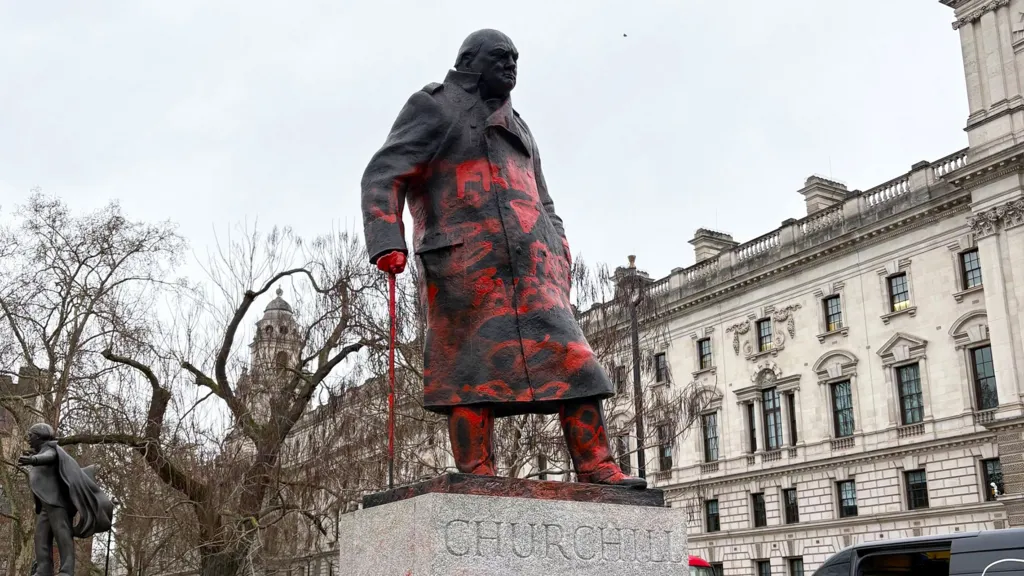Trump White House chat leak reveals US Yemen strike plans

A leaked Signal group chat from inside the Trump White House has offered a rare glimpse into how national security decisions were being discussed at the very top, and in a remarkably casual way. The messages, which surfaced this week, reveal details of a planned US military strike in Yemen being shared not over secure networks, but through an encrypted mobile app typically used for everyday messaging.
The breach came to light when Jeffrey Goldberg, editor-in-chief of The Atlantic, revealed that he had been mistakenly added to the private Signal group by National Security Adviser Michael Waltz. The chat included senior administration figures such as Vice-President JD Vance, CIA Director John Ratcliffe, and Defence Secretary Pete Hegseth, and appeared to be a real-time exchange surrounding the US strikes on Houthi targets in Yemen on 15th March.
“This administration is playing fast and loose with our nation’s most classified info, and it makes all Americans less safe,” said Senator Mark Warner, chair of the US Senate Intelligence Committee, responding publicly after the leak.
In the chat, officials discussed operational timing and strategy. Waltz sent emojis of the American flag, a fist, and fire just minutes after the strikes were executed. Several others followed with congratulatory messages. But the atmosphere wasn’t entirely celebratory.
Vice-President Vance, despite publicly aligning with President Trump on foreign policy, raised private concerns in the group. “I am not sure the president is aware how inconsistent this is with his message on Europe right now,” he wrote, suggesting the strike might have had more to do with European trade interests than direct American concerns. He warned it could lead to a “moderate to severe spike in oil prices,” while urging the team to “do the messaging work on why this matters.”
This internal dissent adds nuance to the usual narrative of unity within Trump’s inner circle, especially on defence issues. Vance’s remarks echoed historic moments of disagreement in US politics – comparable to Joe Biden’s reservations over the Bin Laden raid or Dick Cheney’s policy clashes with George W. Bush during the Iraq war.
The real issue, though, is the method of communication. Congressman Don Bacon, a Republican from Nebraska, described the use of Signal as “unconscionable,” adding, “None of this should have been sent on non-secure systems. Russia and China are surely monitoring his unclassified phone.”
Security experts have warned that discussing sensitive military operations outside secure networks might breach the Espionage Act, which governs the handling of classified materials. Democratic congressman Chris Deluzio has since called for a formal investigation and hearing, stating:
“This is an outrageous national security breach, and heads should roll.”
At the centre of the controversy is Michael Waltz, whose invitation added Goldberg to the chat. While the White House has acknowledged the incident, saying it will “tighten up” procedures, there has been no further comment on whether disciplinary action will follow. Speculation in Washington suggests that resignations could be forthcoming.
The episode brings back memories of previous controversies over classified communications. Hillary Clinton’s use of a private email server in 2016 became a major campaign issue. Ironically, Trump at the time declared, “We can’t have someone in the Oval Office who doesn’t understand the meaning of the word confidential or classified.” That criticism now echoes awkwardly in light of the current revelations.
Even Trump himself seemed caught off-guard by the report. When asked about it in the Oval Office, he replied that it was the first he’d heard of it. The White House later issued a statement defending his national security team, but it has offered no clarification since.
Former Secretary of State Hillary Clinton, never one to pass on a political moment, shared a brief but pointed message on social media after the group chat story broke. The words were few – but their timing said plenty.
As of now, the group chat has been shut down, but its content has already left a trail of concern across Washington. It not only exposed vulnerabilities in communications, but also laid bare divisions within the Trump administration over the purpose and consequences of military action in the Middle East.
The full structure of the United States Congress, including its oversight powers on national security, can be explored in more detail via the official Congress.gov website.
For more updates on international developments and political intelligence, visit EyeOnLondon.
Image Credit: Gary Stockbridge
Follow us on:
Subscribe to our YouTube channel for the latest videos and updates!
We value your thoughts! Share your feedback and help us make EyeOnLondon even better!









